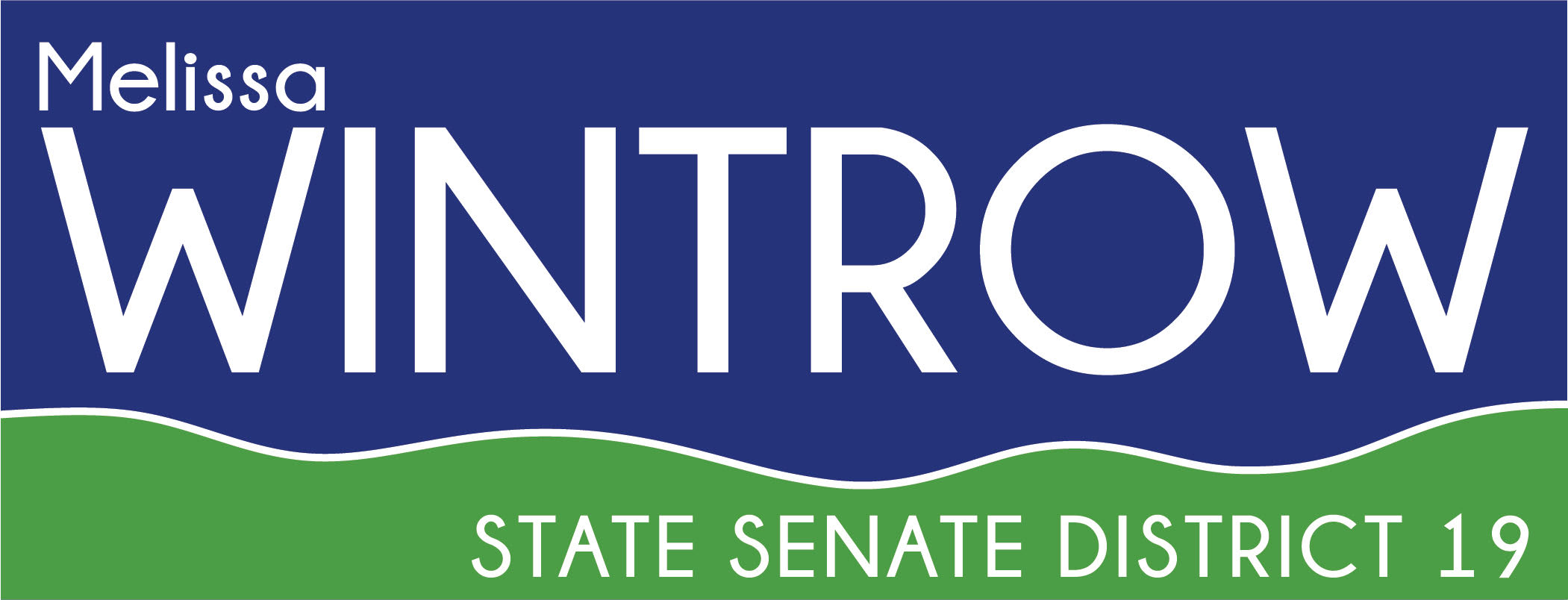My Own Story of Indoctrination and Unlearning
Last Saturday, at the BOISE LIBRARY “READ IN,” I was honored to raise my voice with hundreds of others who value our freedom to read what we want and to protect the content that is allowed in our public libraries.
Here is what I shared ….
My journey as an equal rights warrior began in an American literature course when I was a college sophomore at Miami University in Oxford, Ohio. An entitled white student at a prestigious university, I glanced through the syllabus of my 19th Century American Literature course only to discover the list of authors was predominantly women.
Without a single critical thought, I raised my hand, and once called on, asked my professor, “Dr. Bauer, had I wanted to sign up for a women’s studies course, I would have…” The class was silent.
Unaffected by my question, Dr. Bauer, a tall silhouette framed by the bright light of the window behind her, leaned against her desk and said, “And what gave you the impression that all 19th century authors were men?”
Despite the sting of my own ignorance and the heat of embarrassment that burned on my cheeks, her matter-of-fact question got me thinking.
Indeed, what had given me that impression?
Answer: Indoctrination? I had a very good public school education that did very little to share life, history, health, or literature from the lived experiences of women, people of color, and people who are LGBTQ. I had great teachers and great classes in my top notch public schools, but they still didn’t always include a diverse world view.
I was taught about the founding fathers, but I wasn’t told they owned slaves. I was taught the Thanksgiving story, but not the Trail of Tears and genocide of indigenous people. I learned about Abraham Lincoln, but not the Great Compromise deeming Blacks as ⅗ of a person, nor about lynching or Jim Crow. I was taught nothing about “redlining,” the Government’s practice to segregate and deny property ownership to people of color. I learned about the Civil War but not the Confederate Cornerstone Speech that used Christianity to justify slavery.
I started taking a diverse schedule of classes including women’s and ethnic studies classes; the more I learned, the more I realized what it meant to be able to test into a good college on a mainstream curriculum, but not fully grasp my own importance on the planet and my own rights as a woman.
I devoted my adult life to higher education. I have seen first hand the positive impacts of creating an inclusive and diverse curriculum. To see yourself in literature and history books is powerful. To be able to share your own story and control your own narrative is power.
“Silence is the ocean of the unsaid, the unspeakable, the repressed, the erased, the unheard,” writes Rebecca Solnit in her essay called Silence and Powerlessness Go Hand in Hand. “It surrounds the scattered islands made up of those allowed to speak and of what can be said and who listens.”
Many of the bills passed by the legislature these past few years have taken rights away from women, people of color and the LGBTQ community: bills that have the affect of silencing and removing identity and rights. And these past years have felt heavy, dark, and dehumanizing for a lot of Idahoans.
Solnit reminds us that “words bring us together, and silence separates us.” She likens stories to the root system of aspen trees that become more stable and strong through a combined root system so they “can’t so easily be blown down in the wind — Stories and conversation are like those roots.”
So as legislators and those who are afraid that “their way of life” is being threatened, try to censor and take away our rights to read what we want, to be who we are, to speak the truths of our own experiences, RESIST!
Raise your voices and share your stories and gather strength from each other in the fight to ensure that every human being can be who they are and live the life they choose and show up on a library shelf or in a literature course.
In her book Talking Back, bell hooks states, “true speaking is not solely an expression of creative power; it is an act of resistance, a political gesture that challenges politics of domination that would render us nameless and voiceless. As such, it is a courageous act — as such it represent a threat. To those who wield oppressive power, that which is threatening must necessarily be wiped out annihilated, silenced.”
But there’s hope from hooks: “Moving from silence into speech is for the oppressed, the colonized, the exploited, and those who stand and struggle side by side a gesture of defiance that heals, that makes new life and new growth possible. It is the act of speech, of “talking back,” that is no mere gesture of empty words, that is the expression of our movement from object to subject — the liberated voice.”
Lift your voices together, stand proudly and courageously in community to take back the freedoms those in office would take and protect the ones we still have.
We cannot allow extremist conservative lawmakers to pass laws that deny the existence of women, people of color, or the LGBTQ community or even put them on the back shelf or under lock and key. To do so, is to dehumanize and objectify. And we all know it is much easier to commit an act of violence against an object.
I promise to continue to lift my voice along with yours. We will fight for our shared humanity together.
